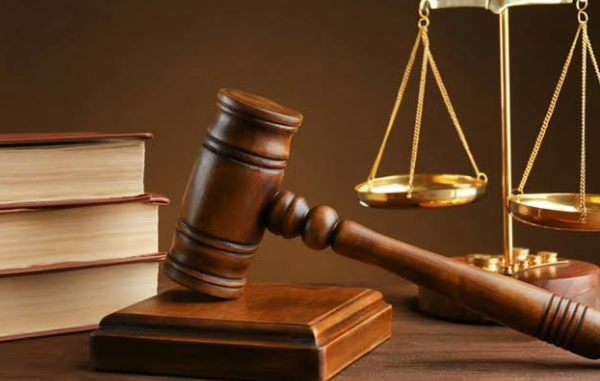
Bills to establish the Federal Capital Territory (FCT) House of Assembly and make the Court of Appeal the final appeal court for governorship, National Assembly, and state Houses of Assembly election petitions have passed the second reading in the House of Representatives.
The bill sponsored by the lawmaker representing Ndokwa East/Ndokwa West/Ukwani Federal Constituency, Delta State, Nnamdi Ezechi, passed second reading on the floor of the House during plenary on Tuesday.
Taking the House through the general principles of the bill, Ezechi said the proposed legislation seeks to alter the provision of sub-section (3) of Section 246 of the 1999 Constitution as amended.
The bill seeks to delete the existing subsection (3) and substitute a new subsection (3) to read “The decisions of the Court of Appeal in respect of appeals arising from the Governorship, National and State Houses of Assembly election Petitions shall be final.”
He said, “Mr Speaker, the Constitution of the Federal Republic of Nigeria (Second Alteration) Act of 2010 altered section 246 subsection (1) by providing in paragraphs (b) and (c) that appeals to the Court of Appeal shall be as of right from the decisions of the National and State Houses of Assembly and decisions of the Governorship Election Tribunals as to whether a person has been validly elected as a lawmaker or a governor or whether his tenure has ceased or his seat has become vacant.
“The Second alteration specifically provided in section 246 subsection (3) that the decisions of the Court of Appeal arising from the National and State Houses of Assembly election petition shall be final.
“However, the amendment did not say anything about the Governorship Election Petition, thereby allowing all governorship election petitions to proceed to the apex Court (Supreme Court). This bill is trying to amend the present provision of Section 246 subsection (3) by making the Court of Appeal the final appeal Court for all election petitions.”
According to the Peoples Democratic Party lawmaker, “This would enable the final winner of a governorship election to be known without delay. If the person declared as winner by the Independent National Electoral Commission wins in the Court of Appeal, it would allow him to settle down and face the business of governance without distraction.”
He also noted that terminating election disputes at the appellate court would save costs, saying, “If such petitions end in the Court of Appeal, it would reduce the financial resources being wasted by the parties in prosecuting such cases to the Supreme Court.”
He continued, “We should note that the original provision of Section 246 (1)(b) stated that an appeal shall lie as of right from the decisions of the National Assembly Election Tribunals and Governorship and Legislative Houses Tribunals on the issues mentioned above.
“Subsection (3) of the said section clearly stated that the decisions of the Court of Appeal in respect of appeals arising from election petitions shall be final.”
The bill, following its adoption, was referred to the House Committee on Constitution Review, chaired by the Deputy Speaker, Benjamin Kalu, for further legislative actions.
These bills are part of 39 proposed legislation aimed at altering the 1999 Constitution, covering various areas such as:
– *Judicial Reforms*: Altering the hierarchy and jurisdiction of courts in Nigeria.
– *Legislative Reforms*: Enhancing the powers and functions of legislative bodies.
– *Inclusive Governance*: Promoting representation and participation in government.
– *Security and Policing*: Strengthening security agencies and policing frameworks.
– *Healthcare Delivery*: Improving healthcare services and infrastructure.
– *Government Institutions*: Enhancing the effectiveness of government institutions.
– *Electoral Matters*: Reforming electoral processes and procedures.
The Deputy Speaker, Rep Ben Okezie Kalu, urged lawmakers and the public to submit requests for local government and state creation before the end of March 2025.
The Committee has received over 200 bills and requests for constitution review, which will be referred to the Ad-hoc Committee on Constitution Review.
